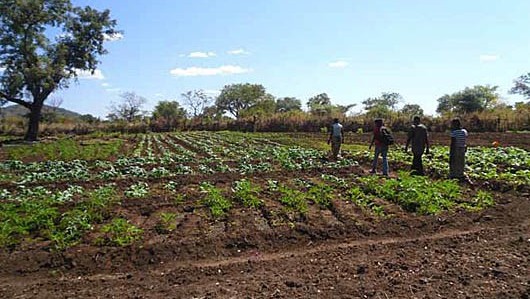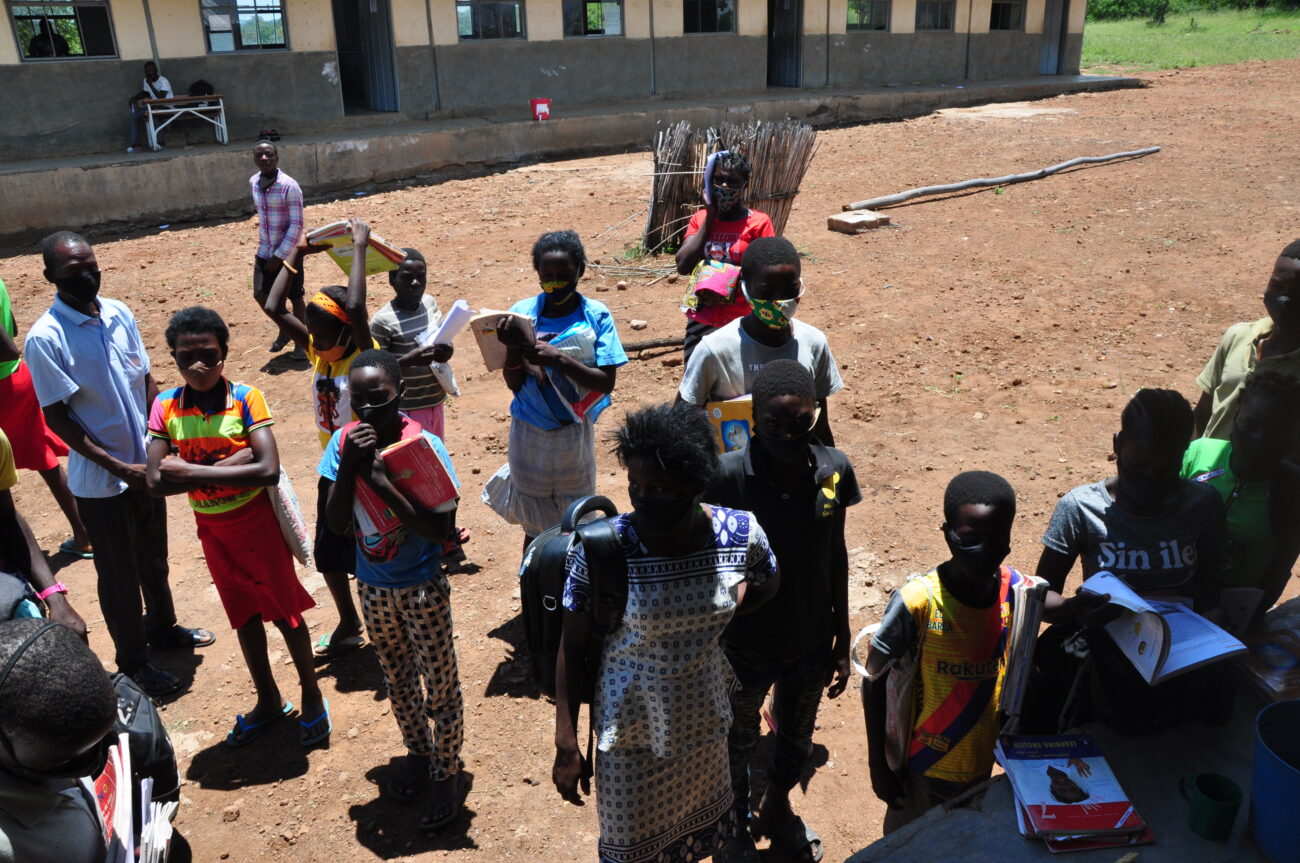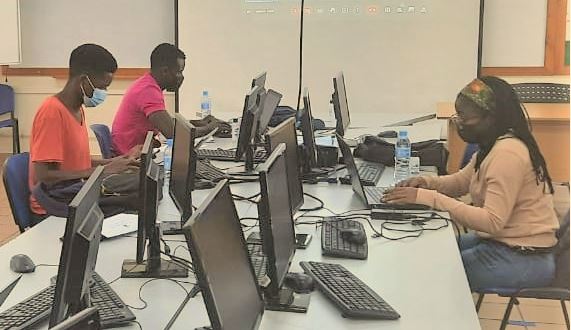MOZAMBIQUE: Agriculture Training Project Works to Improve Food Security and Income for Rural Farmers

(MissionNewswire) Mozambique is one of the poorest countries in the world. Despite impressive growth and development over the last several years that has reduced the once 70 percent poverty rate (in the late 1990s) to 54 percent today, poverty continues to be severe and widespread, according to the World Bank.
More than 70 percent of those living in poverty reside in rural areas and rely on farming and fishing to make a living. The vast majority of the rural population lives on less than $1.25 a day and lacks basic services such as access to safe water, health care and education.
Recently, the Austrian Salesian Youth of the World program planned its second agricultural project in the town of Moatize, located in the Tete province in northern Mozambique. The project, which will be carried out in seven different rural communities, aims to educate farmers in the latest innovations in agriculture and livestock techniques in order to improve food security and increase income potential. Educators will help farmers introduce or intensify the production of vegetables, experiment with new methods of production and processing of products and assist with raising livestock.
“Investing in agriculture education is vital to developing countries,” says Father Mark Hyde, executive director of Salesian Missions, the U.S. development arm of the Salesians of Don Bosco. “Teaching farmers innovative techniques to increase the production and sales of their products is essential not only to overcome hunger and poverty, but also to ensure overall economic growth for surrounding villages and cities.”
The project will train close to a thousand families, or about 5,000 people. With increased food production in the small rural communities participating in the program, about 8,000 residents will be positively impacted.
The project will focus on several areas of development and education. Farmers will learn new skills in agriculture and animal husbandry, horticulture and fruit growing and breeding cattle and sheep. They will also be provided with irrigation pumps which will help to support local schools and health care centers. In addition, Salesian staff will work with local residents to establish community associations for product sharing and sales.
The success of the first Salesian agricultural training in the community led to a continuation of the project in the hopes of reaching more families. Farmers who attended the initial training have been able to put into practice a variety of the techniques they learned, which has led to increased food production and improved financial standing. Some were able to grow items they had never previously had success with, such as tomatoes. Others were able to sell their products for the first time and, as a result of the additional income earned, were able to improve their homes. Food insecurity decreased as farmers prospered and more food was available to the community.
“Salesians have been working in Mozambique to provide educational opportunities to poor youth for many years,” adds Fr. Hyde. “Salesian technical and agricultural programs and other services educate youth and help them learn the necessary skills to enhance their livelihoods and break the cycle of poverty.”
###
ANS – Mozambique – A social project for a rural area
World Bank – Mozambique




